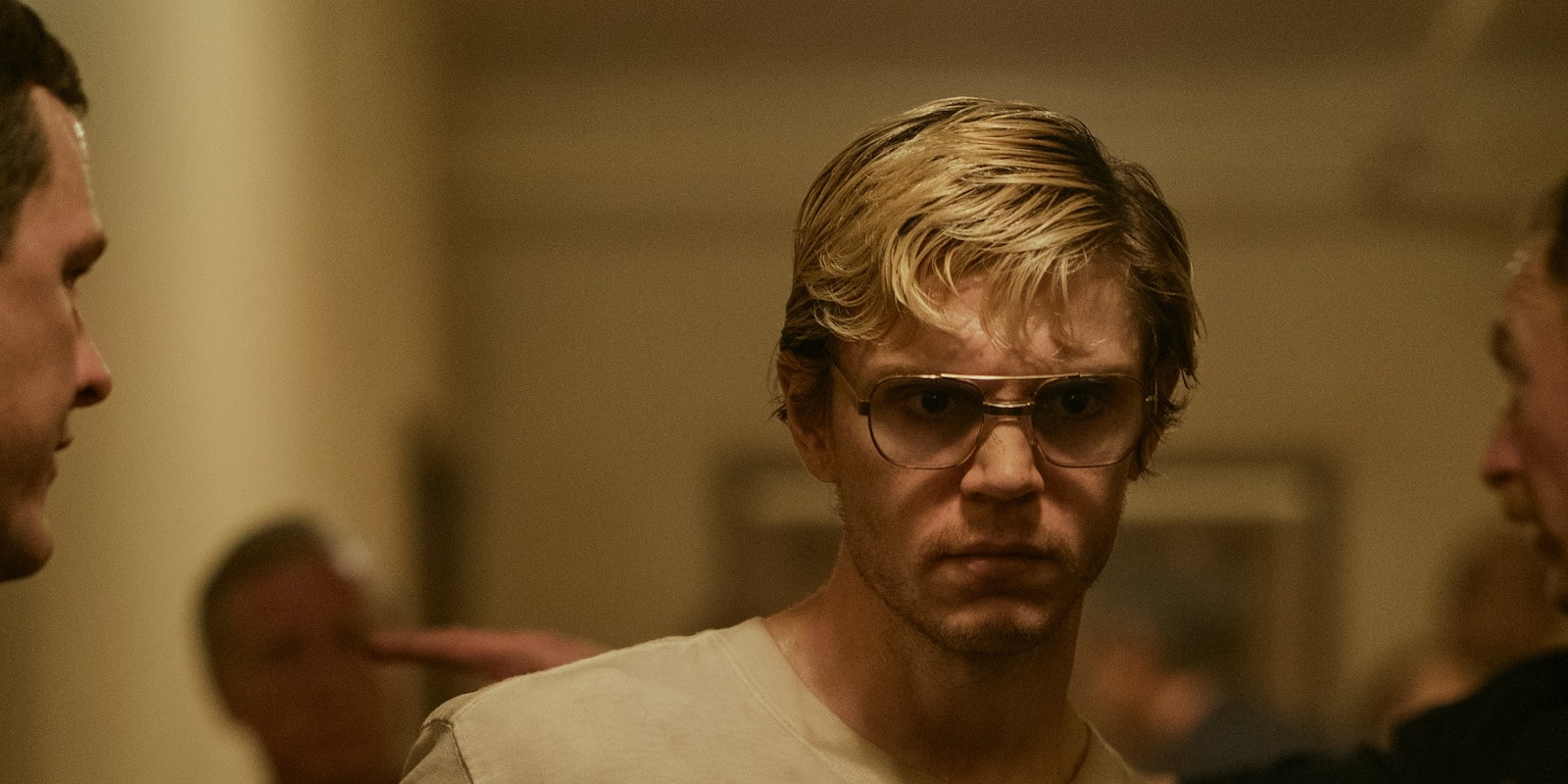Considering the popularity of true crime dramas, it’s no surprise that Netflix wants a follow-up to Ryan Murphy and Ian Brennan’s Dahmer – Monster: The Jeffrey Dahmer Story. The streamer announced this week that alongside a second season of The Watcher (another true crime drama from Ryan Murphy), Monster will now be an anthology series. After exploring the life of Jeffrey Dahmer, future seasons will focus on “other monstrous figures who have impacted society.”
But while Monster was a ratings hit, it’s also one of Netflix’s most controversial shows. True crime dramas are often accused of exploiting or glorifying real-life tragedies, and Monster faced extra scrutiny due to pushback from surviving family members of Dahmer’s victims. Many people questioned the ethics of dramatizing Dahmer’s crimes, raising concerns about viewers who reacted to the show as if it were fictional entertainment.
The announcement of more Monster shows is sparking a similar backlash, as people criticize the trend of using real serial killers as TV protagonists.
The response on Twitter is overwhelmingly negative, with people derisively referring to the Monster anthology as an “MCU for serial killers,” and mocking the stereotype of true crime fans being bloodthirsty white women. Ryan Murphy is facing a lot of direct backlash as the figurehead of the franchise, tying into recurring criticisms of his work.
From Glee to his more adult-rated shows like American Crime Story, Murphy is frequently accused of being tone-deaf or exploitative, especially when it comes to queer and minority characters. Monster is the quintessential example because it’s all about a gay white man who preyed upon queer men of color. Murphy defended himself from his detractors by arguing that queer media doesn’t have to be uplifting and happy—but this didn’t really tackle the broader ethical concerns about dramatizing the violent deaths of real people.
As is often the case when Netflix renews a controversial show, TV fans are using this as an opportunity to complain about other shows being canceled. This time it’s mostly First Kill (a teen show about an interracial lesbian couple) and Mindhunter (which also involves serial killers, although from a very different, fictionalized angle). There’s a widespread belief that Netflix habitually cancels shows with queer female leads, sparking extra criticism when shows like Monster get renewed.
While true crime dramatizations are always divisive, Monster faces extra scrutiny due to its format and creative team. The title aligns real figures like Dahmer with fictional monsters like Dracula or Jason Voorhees, implicitly framing itself as a horror franchise rather than a docudrama. There’s also a lot of overlap between the creative teams on different Murphy/Brennan productions, drawing further parallels between the themes of their “serious” dramas and schlockier material like American Horror Story. In fact, this year’s AHS: NYC also involves a serial killer targeting gay men, adding fuel to the idea that Murphy exploits queer trauma for entertainment.



